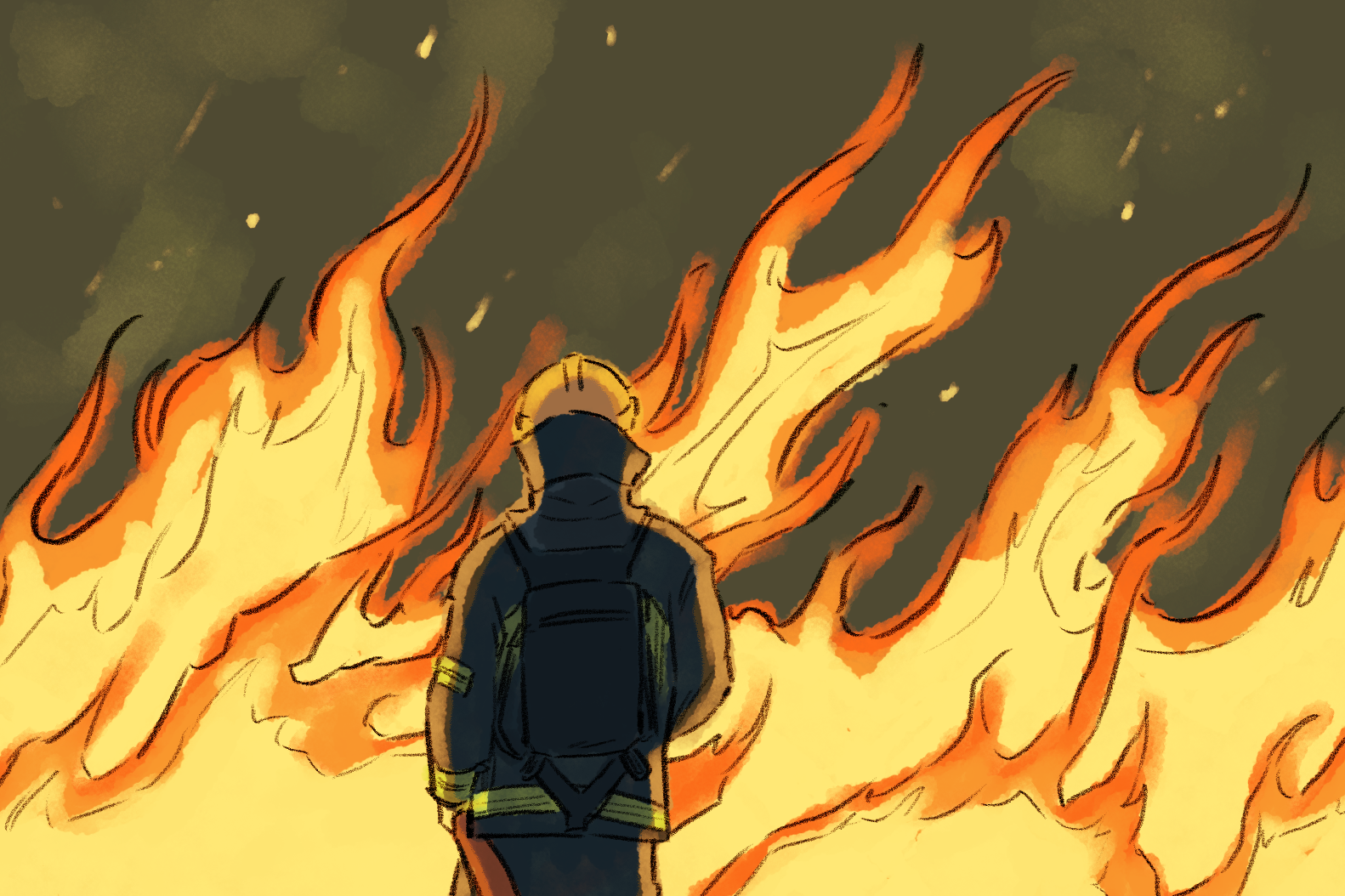Looking at the man, Jesus felt genuine love for him. “There is still one thing you haven’t done,” he told him. “Go and sell all your possessions and give the money to the poor, and you will have treasure in heaven. Then come, follow me.” (Mark 10:17-21)
We think of Mother Teresa and the other great men and women of God who didn’t spend their lives in corporate towers or the upper echelons of society – and it scares us Christians because it’s so far from The Logic we were raised on: Work hard, be smart and ambitious, gain influence and increase wealth.
The conundrum of the Rich Young Ruler in Mark 10 sits naggingly at the back of our minds. The dissonance within grows: Must I die to the Singaporean Dream in order to follow Jesus?
Is it wrong to work hard and pursue a good life? Is there anything wrong in choosing what we know best: The tried and tested, the 9-to-6 grind, leaving the cross carrying to Sundays? Can we just do more of the God stuff when we’re done sorting out the practical necessities in life?
The answer is simple: It’s all in the heart.
Jesus probably wasn’t expecting the Rich Young Ruler to literally rid himself of everything he owned, as much as He was revealing to him the condition of his heart. The fault didn’t lie in the riches, but where his treasure – what he valued the most – lay.
The young man may have declared aloud that he desired eternal life, a life with God, but in one simple request from the Son of God Himself, the real (and contrary) desires of his heart were laid bare. It wasn’t that he had many possessions – God simply just wasn’t the most important of them all.
Those with a driving licence will know this basic principle: You go in the direction you’re looking. So keep your eyes on the prize.
In all the questions we have for Him about our riches, have we ever asked ourselves why we even ask? Are we secretly looking for godly validation – a godly excuse if you will – for our pursuit of money? Do we value our savings more than our Saviour?
Those with a driving licence will know this basic principle: You go in the direction you’re looking. So keep your eyes on the prize. We have to make a choice: What – or who – determines our life decisions? What – or who – do we spend most of our time on?
Do we behave as owners or stewards of our money? While God does bless some with relatively great financial wealth, some of us may be called to give up professions with more financial returns. Would we count the cost of following Him?
If we say that Jesus is our most valued possession though, there has to be no cost we would not pay to follow Him. That would be valuing our own comfort more than our call to be disciples. And discipleship is not comfortable. It will cost. It costs all of us differently.
Dying to self hurts, and we each have different things to die to, different crosses to bear. For some it may be the craving for monetary wealth that stems from a fear of lacking something. For others it could be the ache for approval from a struggle with significance.
But in the process of the Holy Spirit’s transformative work in us, we have to cooperate in letting go of the imperfect, fallen parts of ourselves that hold us back from true Christlikeness in every area of our lives.
Money in itself is not evil, but great dangers lie in our longing for more of it – rather than more of God.
And when we come to a place of truly valuing God and the things of God above all else, then what great wealth it would be to possess all that the Cross has in store for us! It is our inheritance, our legacy, the deepest longing of our hearts, the desire that dominates our thoughts. Our treasure stored up in Heaven, where moths and rust cannot destroy and thieves do not break in and steal (Matthew 6:20).
Money in itself is not evil, but great dangers lie in our longing for more of it – rather than more of God. And when our hearts are misaligned, when we long for the gifts and not the Giver, we wander from the richness and stability of a life founded on the Rock of our salvation. We build our houses – our futures – upon the sand (Matthew 7:26), having put our trust in an unreliable source that will not stand when the storms of life arise (1 Timothy 6:17).
At the end of the day, He wants our hearts, not our wallets. And if our hearts are wholly set on Him, we can trust our Heavenly Father to provide for all we need as we place Him first – our treasure, our Master.
He is not asking us to deny the practical necessities of life. In fact, He recognises their importance! When He asks for our hearts, what He seeks to exchange them for is our freedom. A life no longer enslaved to worrying about our multitude of needs, but focused solely on One Thing – the Kingdom of God (Matthew 6:33).
From there all else flows. That’s where our wealth must lie.









